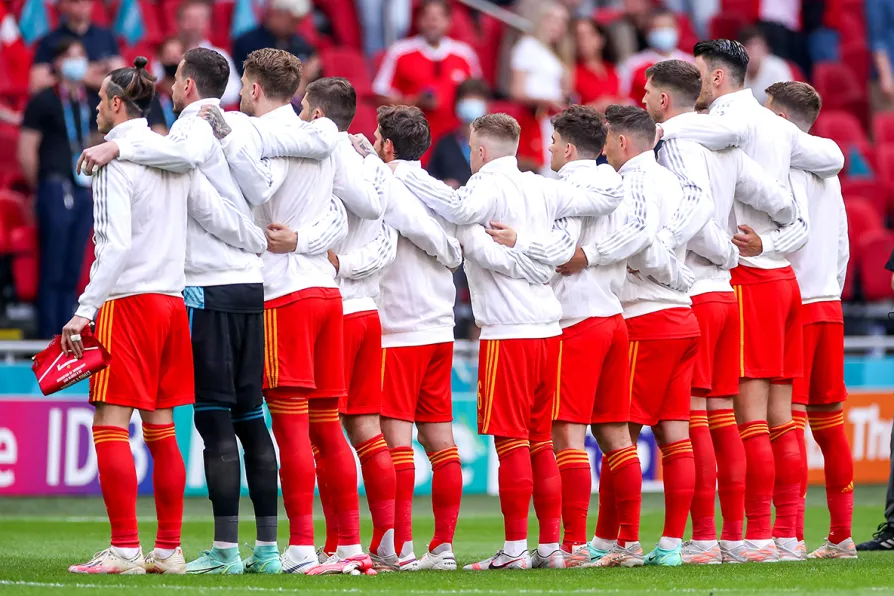Sporting calendar hit by regional instability with tournaments in the Gulf abandoned
Wales will hope for a less complicated journey to World Cup qualification than in 1958
JAMES NALTON tells the tale of Wales’s riveting World Cup qualifying campaign in 1958, and how their current squad comes closest to matching the feats of that side


THE Wales men’s football team will have a shot at qualifying for their first World Cup since 1958 after their place in the playoffs was confirmed last week.
Automatic qualification can be achieved by finishing top of the group, though there is little chance of that happening.
Depending on last night’s results, Belgium may have already claimed top spot by the time they face Wales in Cardiff on Tuesday.
Similar stories

Forward’s rise as the tournament’s leading scorer reflects a journey shaped by heritage and belief as Morocco reach the final, writes JAMES NALTON

Dabbagh and his Palestinian team’s World Cup campaign may have come to an end, but it has given fans hope amid war and tragedy, writes JOHN DUERDEN












